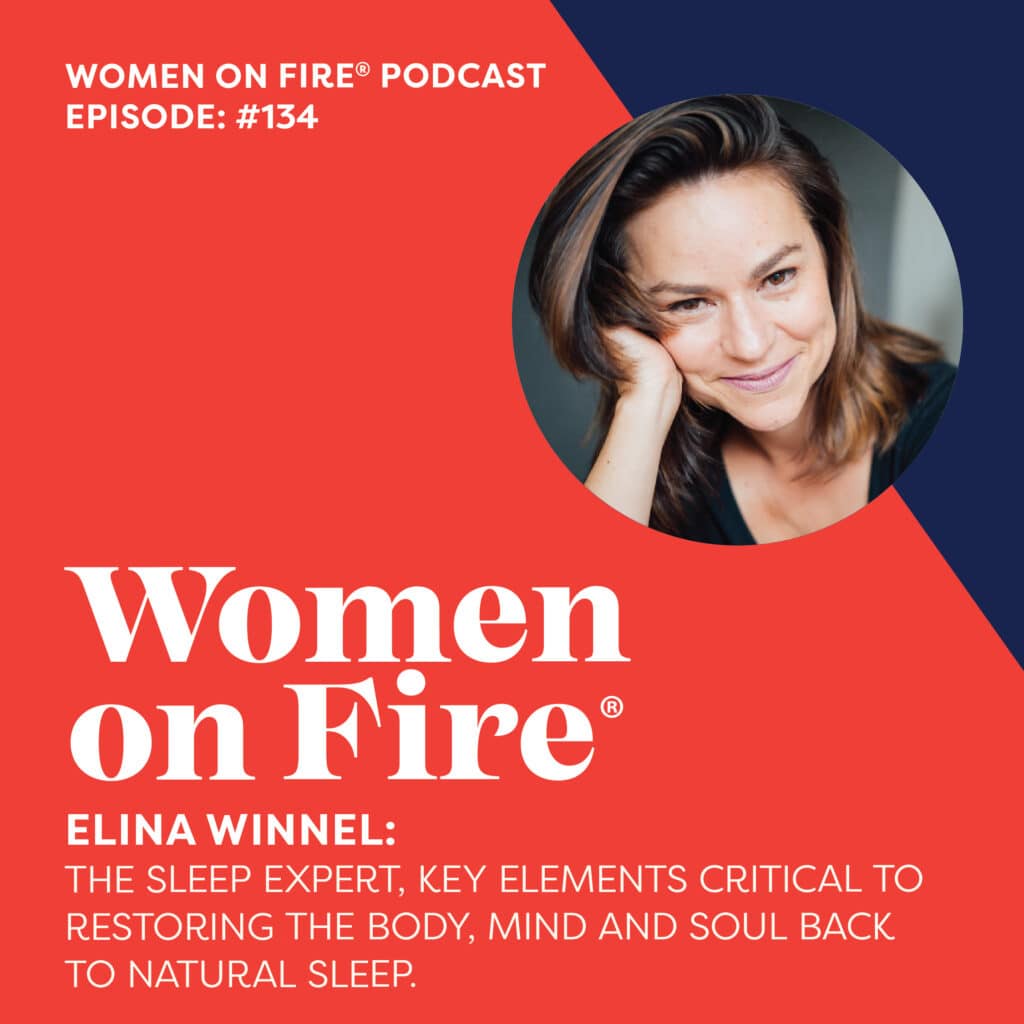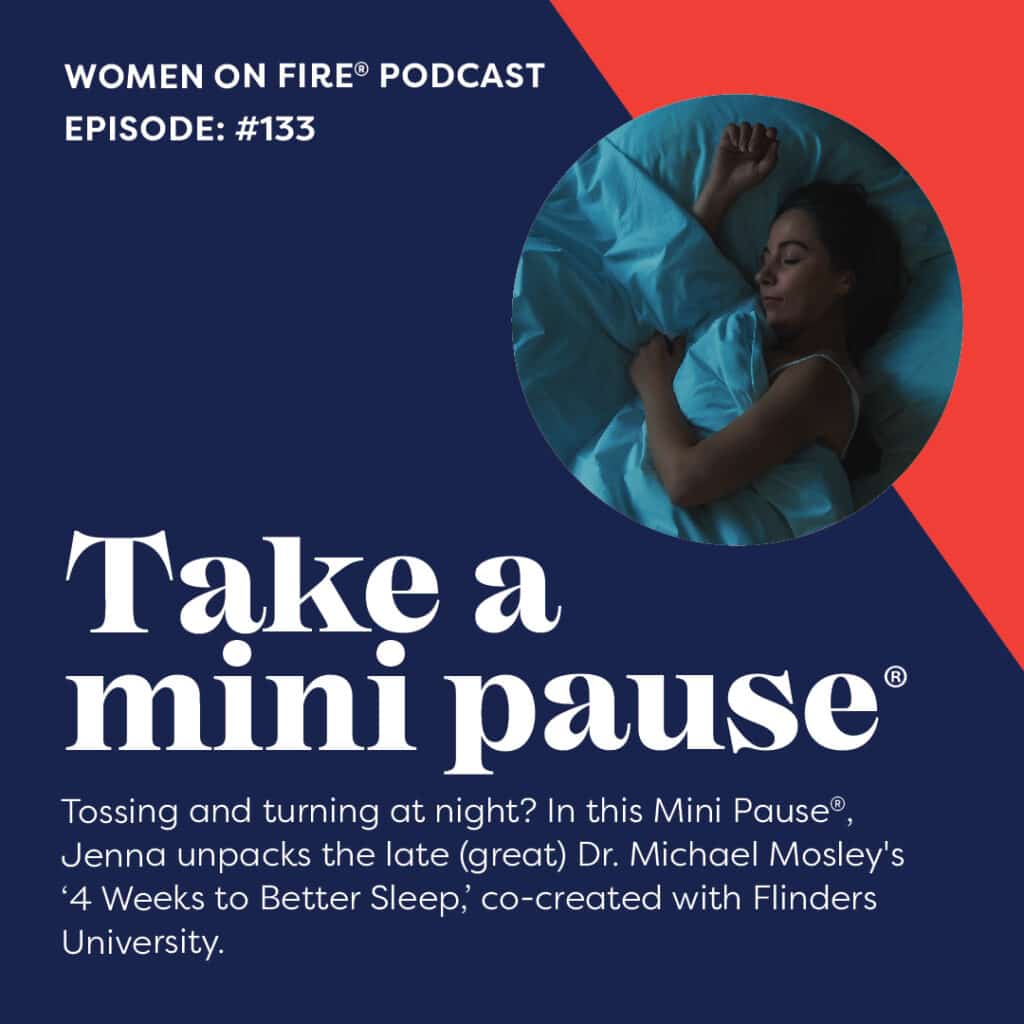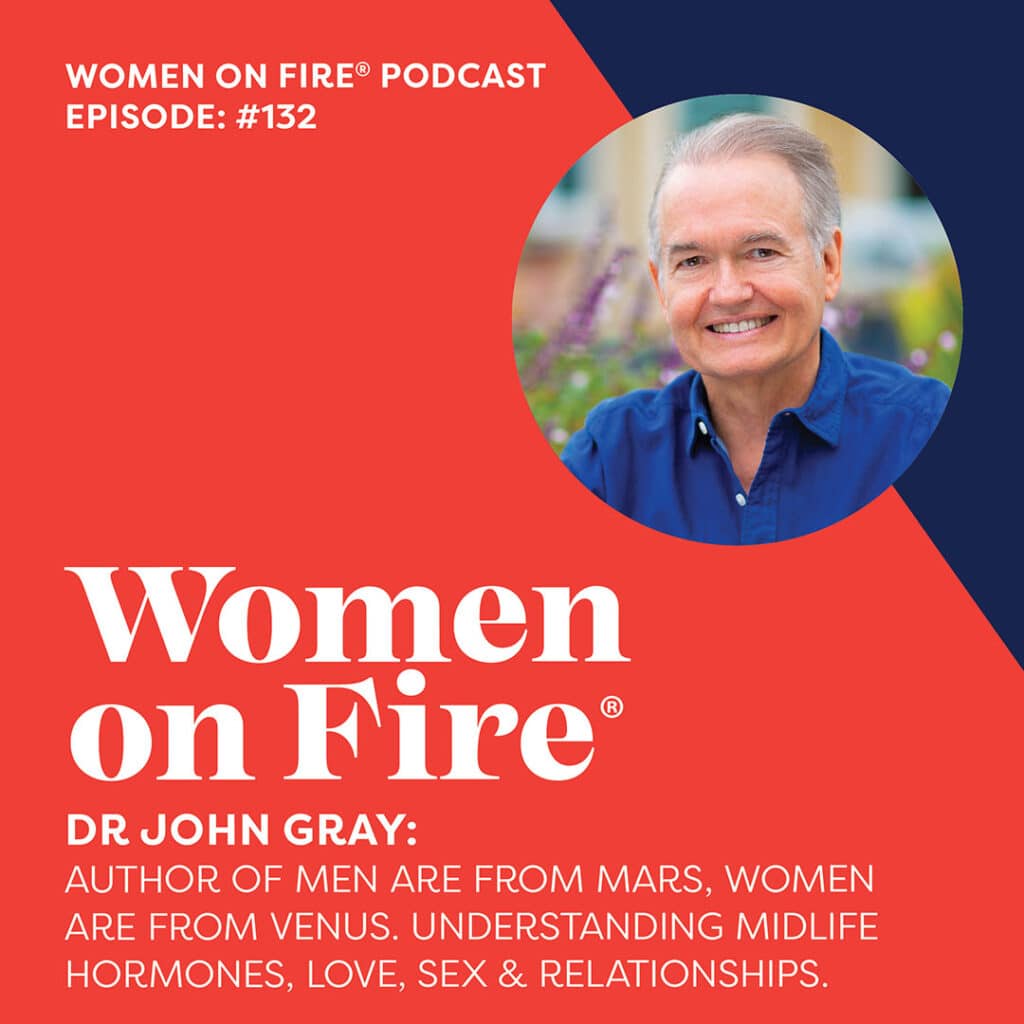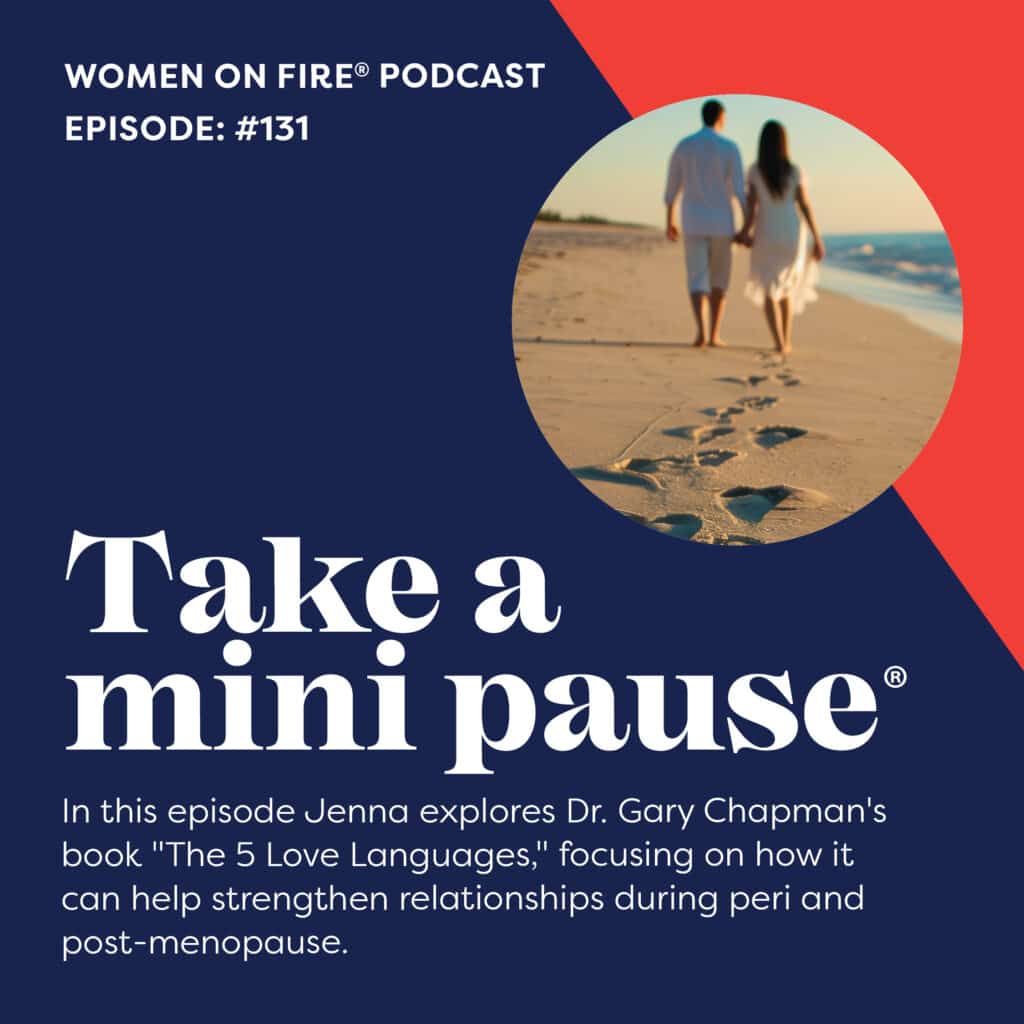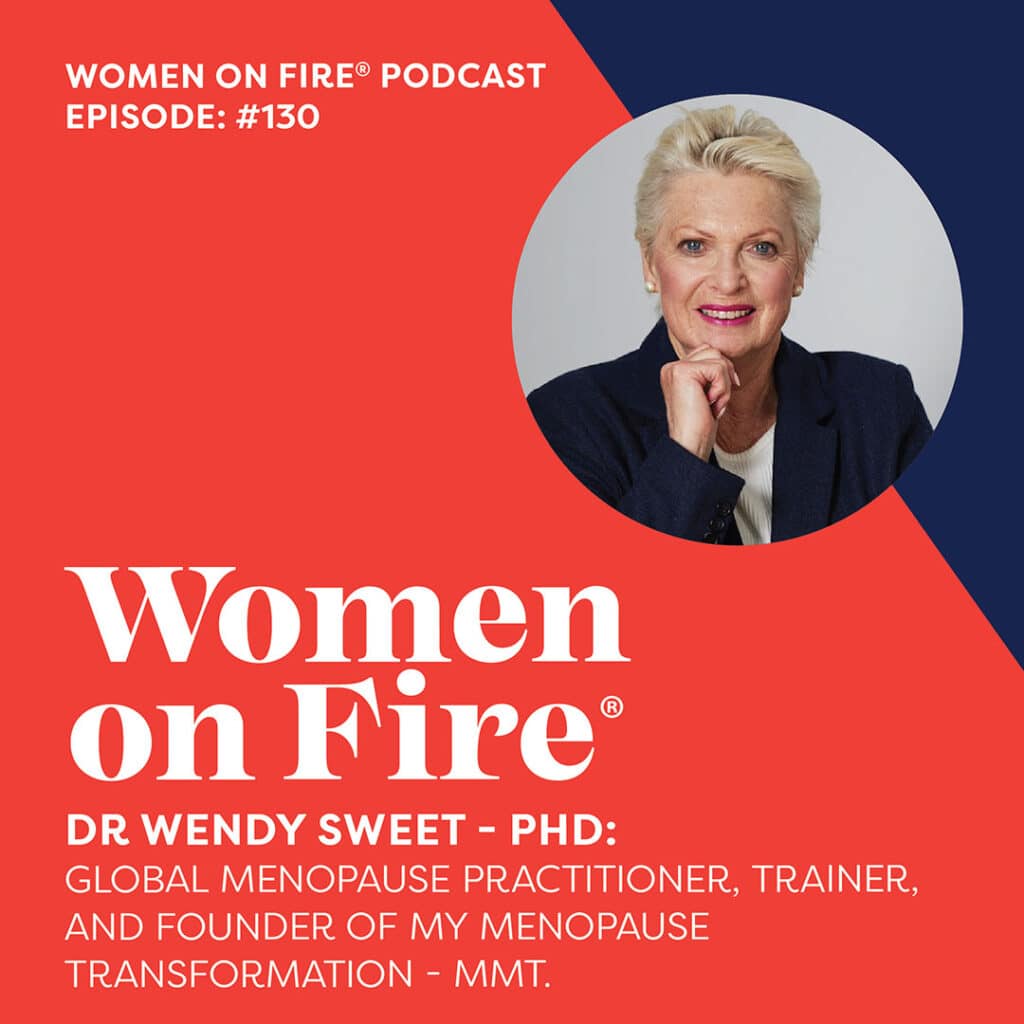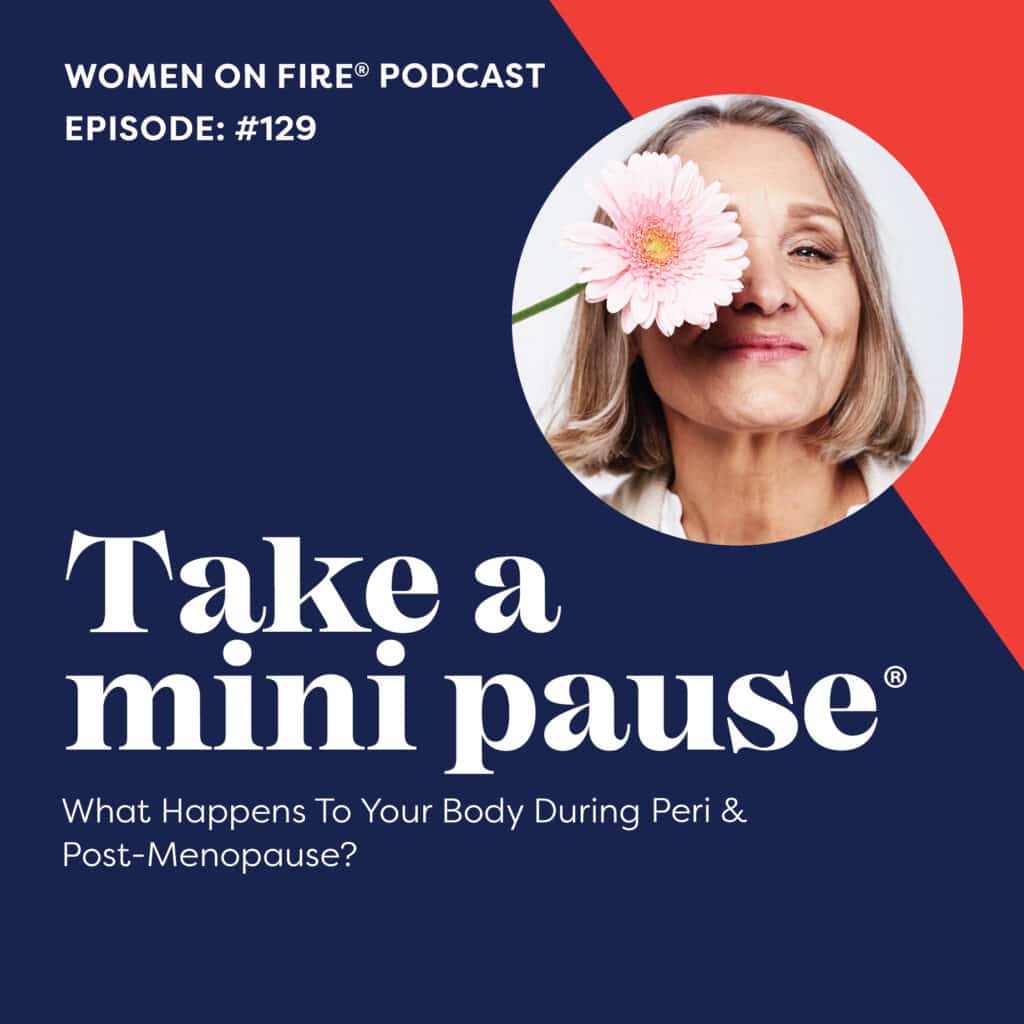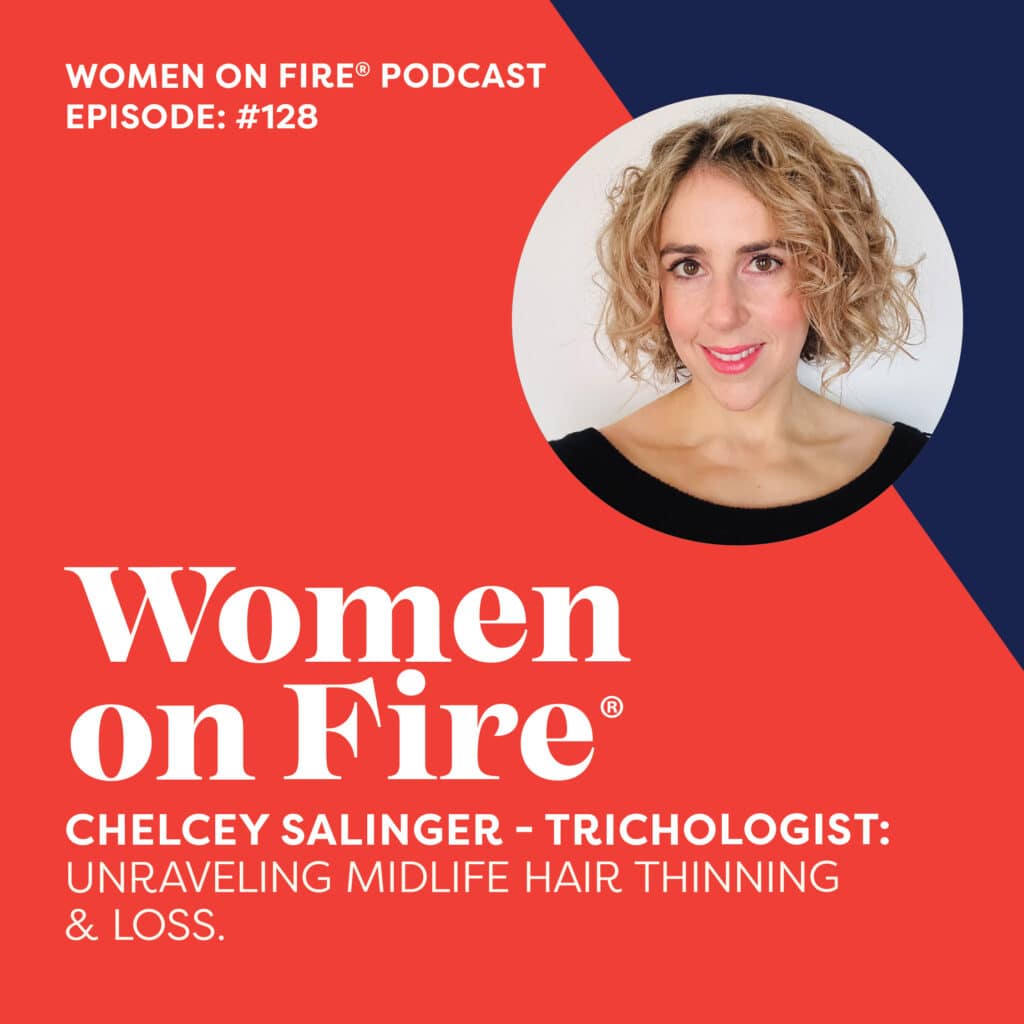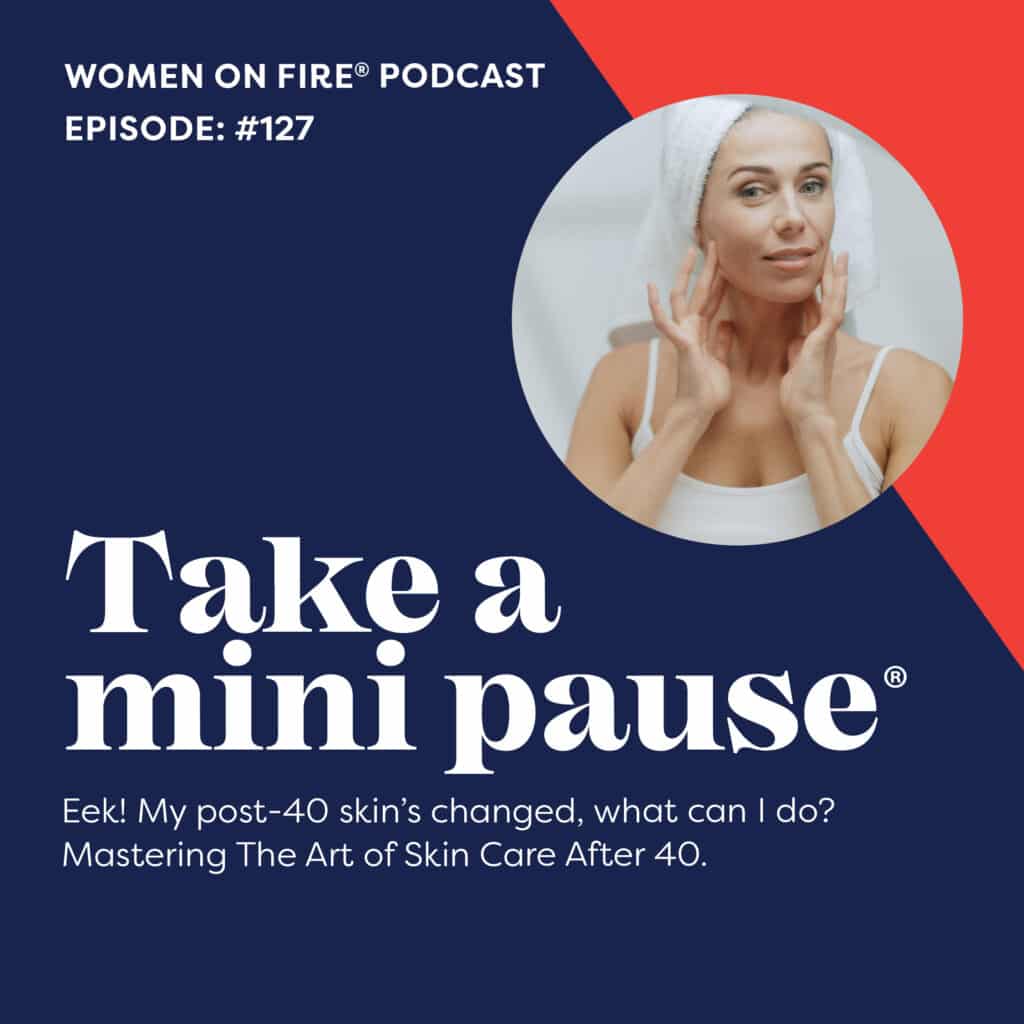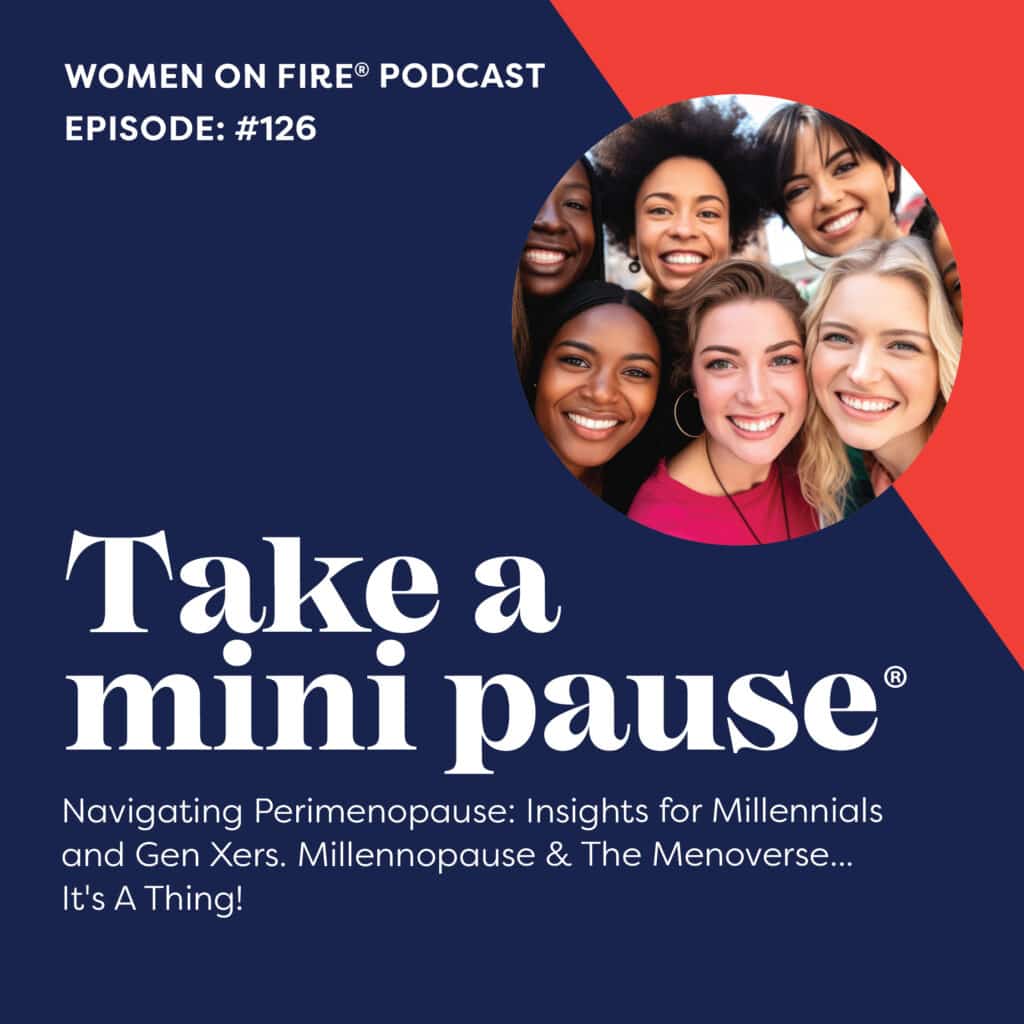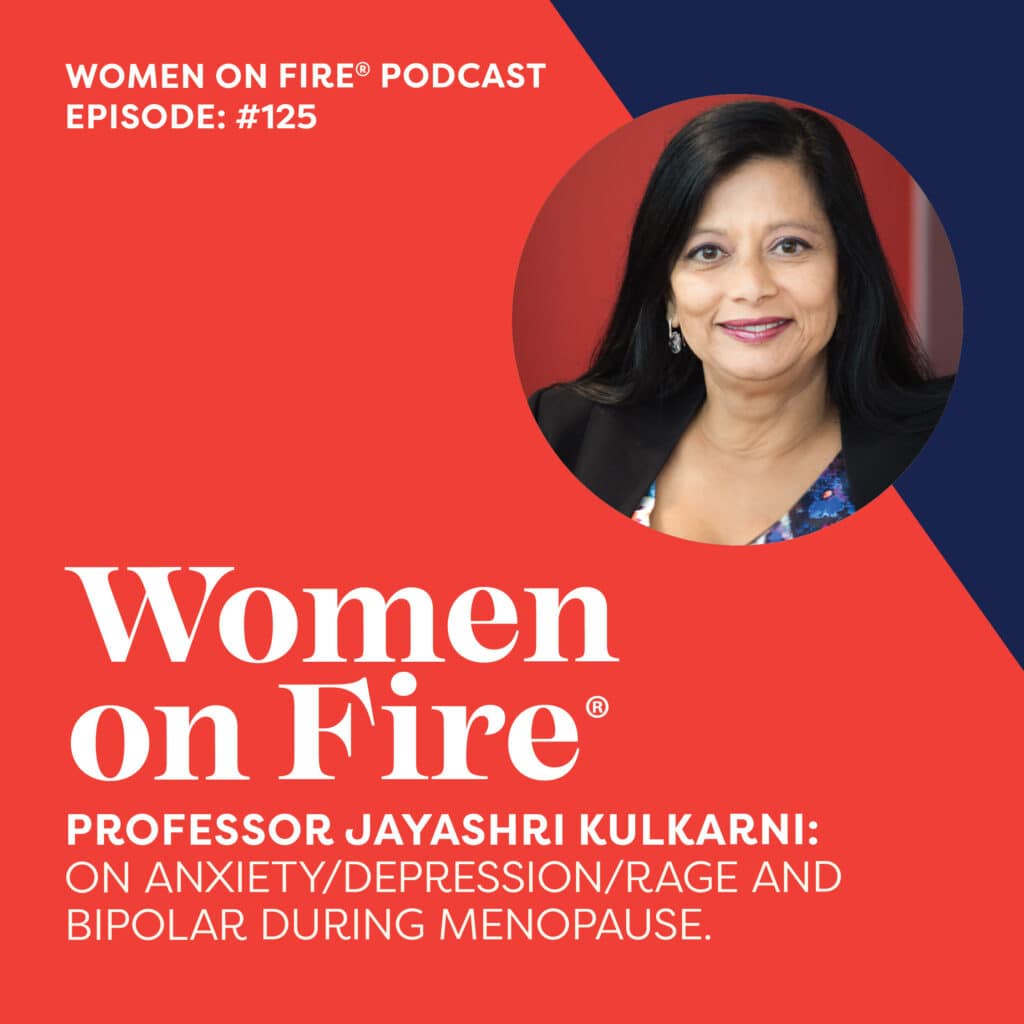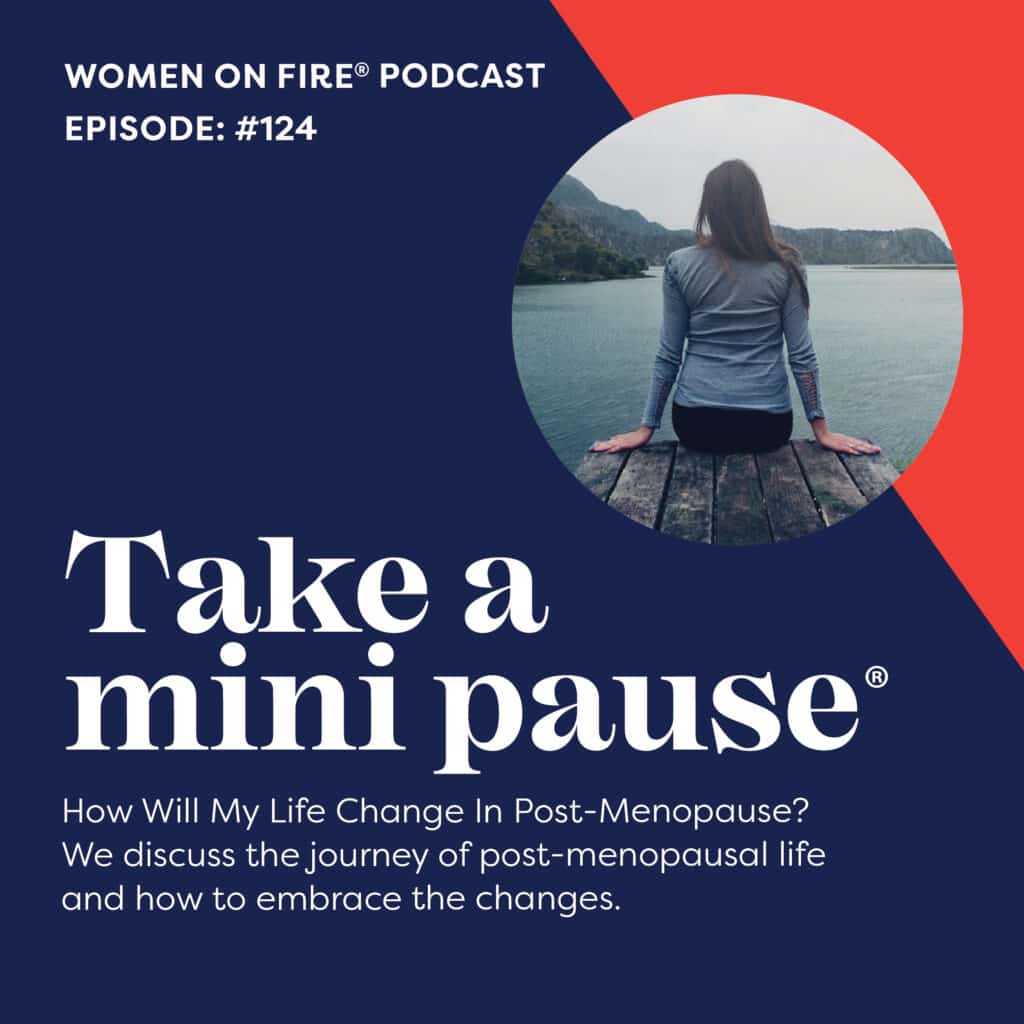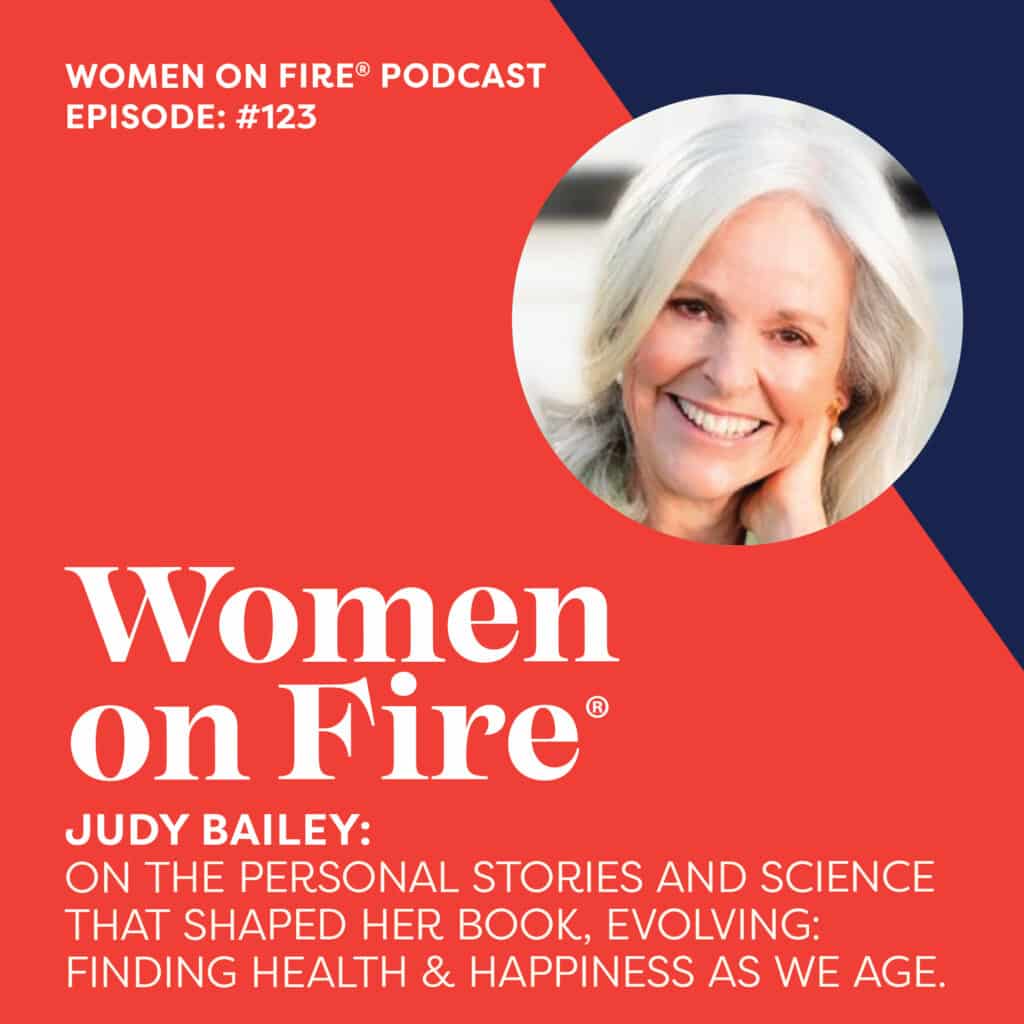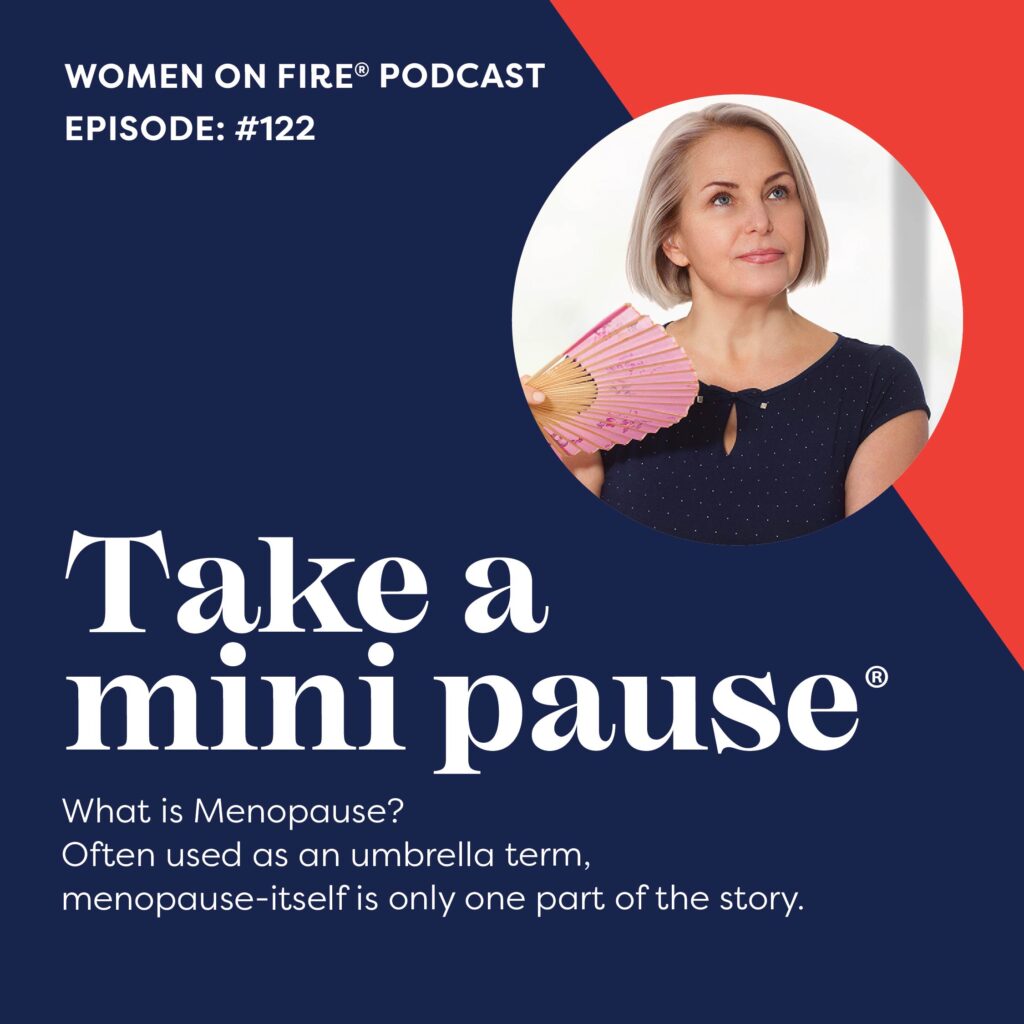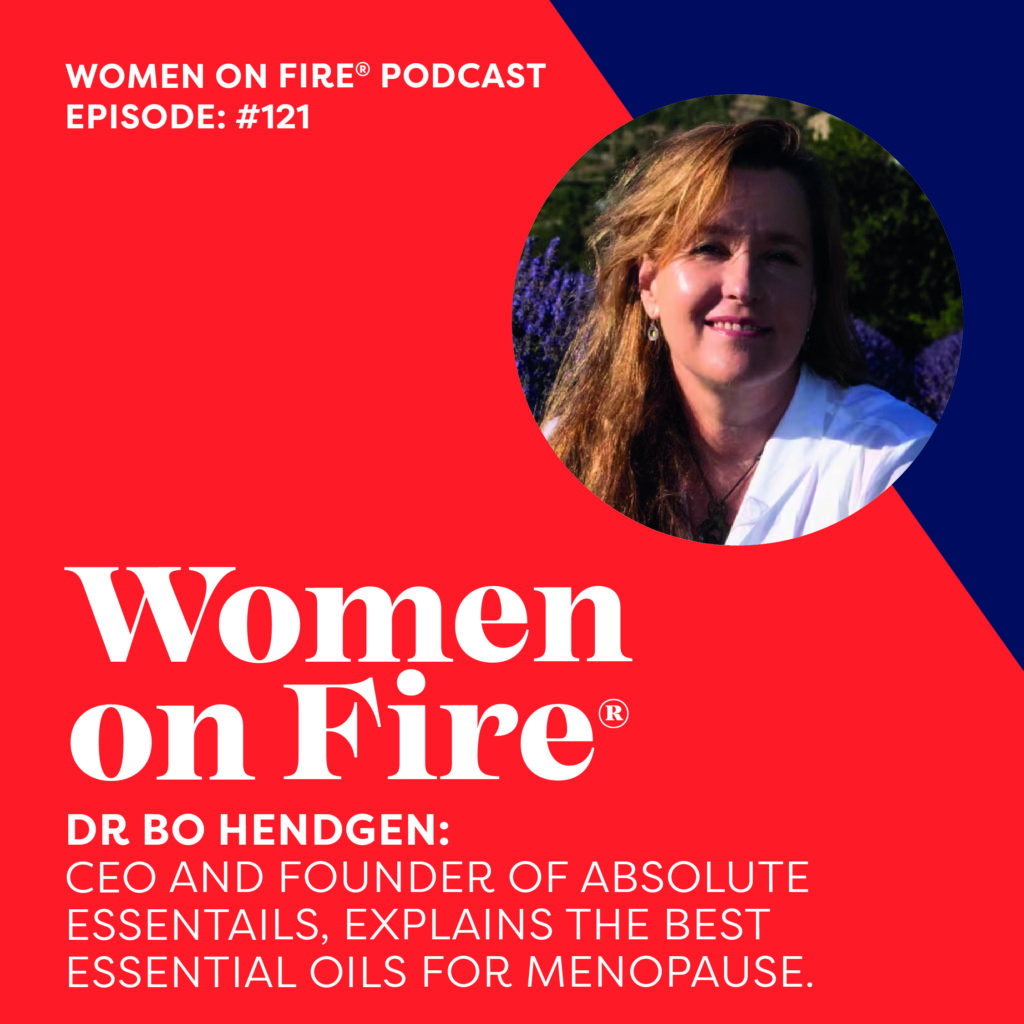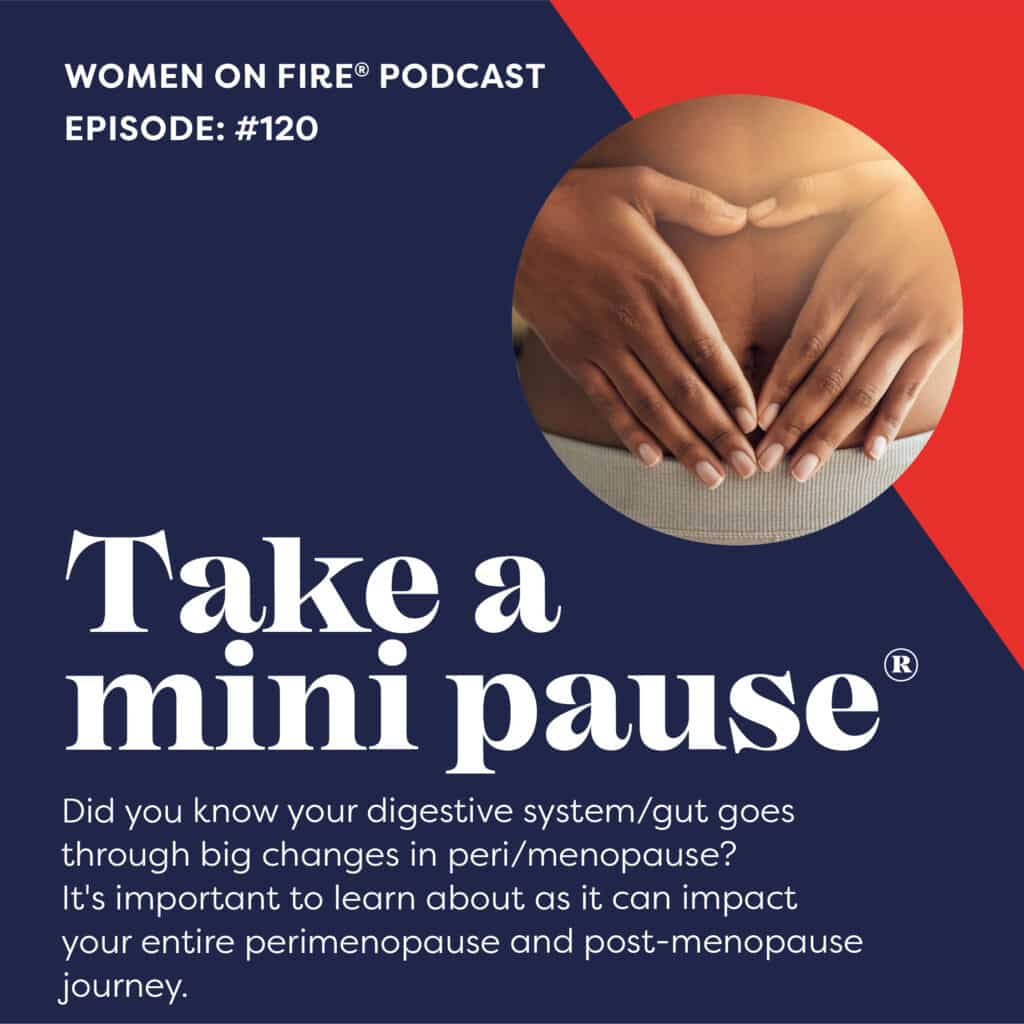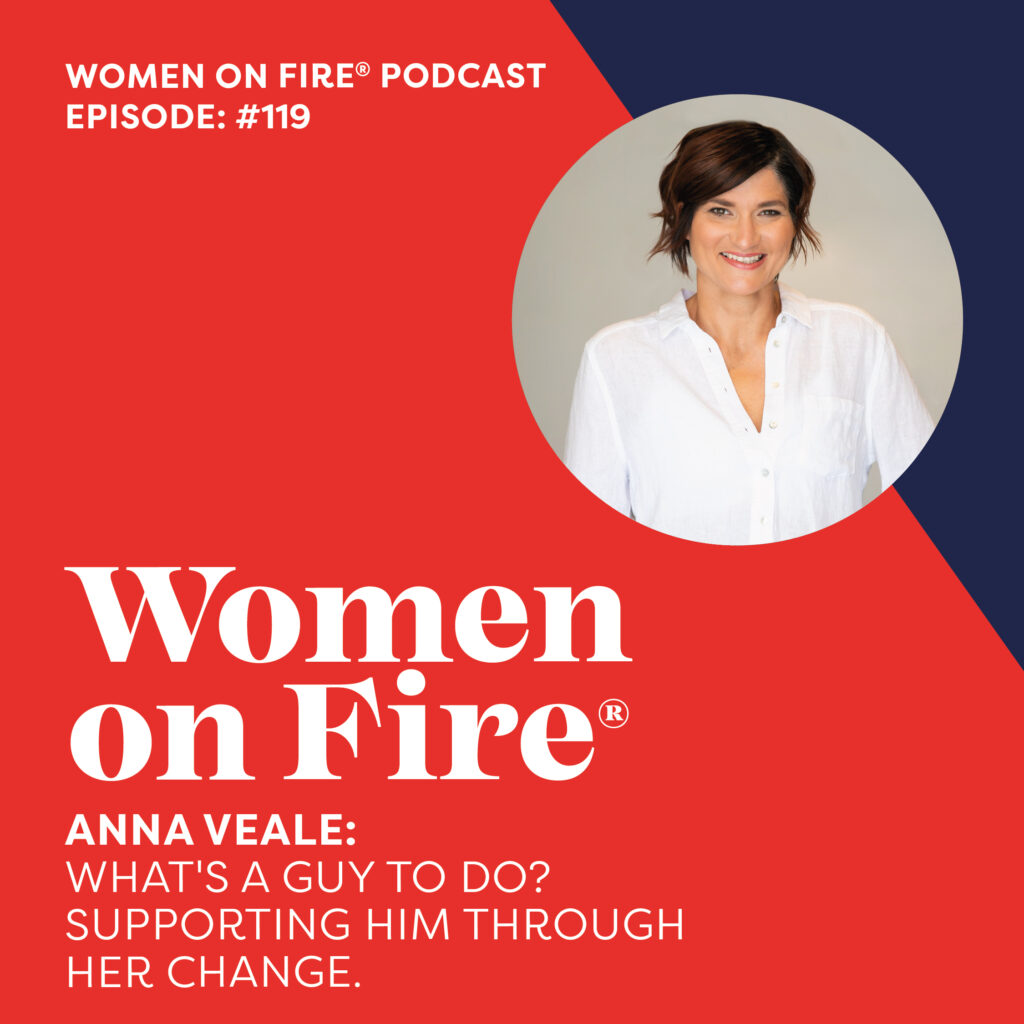Women on Fire® Podcast
Welcome to Women On Fire® – A Top Global Menopause Podcast
We’re so glad you’re here. Women On Fire® is a safe, supportive, and smart space for women navigating midlife, perimenopause, and post-menopause.
This award-winning podcast was recently named one of Feedspot’s Top Menopause Podcasts in the World (2025) – and for good reason.
Each episode brings together world-class experts, evidence-backed insights, and real women’s stories to help you feel informed, empowered, and less alone.
We talk about it all: sudden weight gain, wild night sweats, mood swings, itchy skin, low libido, anxiety, and more.
Our guests include leading voices in women’s health, hormones, sleep, mindset, and relationships – alongside women who just get it.
We’re proudly sponsored by MenoMe®, so we can keep showing up for women like you – helping you live well, age wisely, and laugh through the chaos.
🎧 Listen on your favourite podcast app here
📺 Watch full interviews on YouTube @menome100
✅ Subscribe so we can bring you more expert insights and midlife magic here
Thank you and here’s to growing older well!
